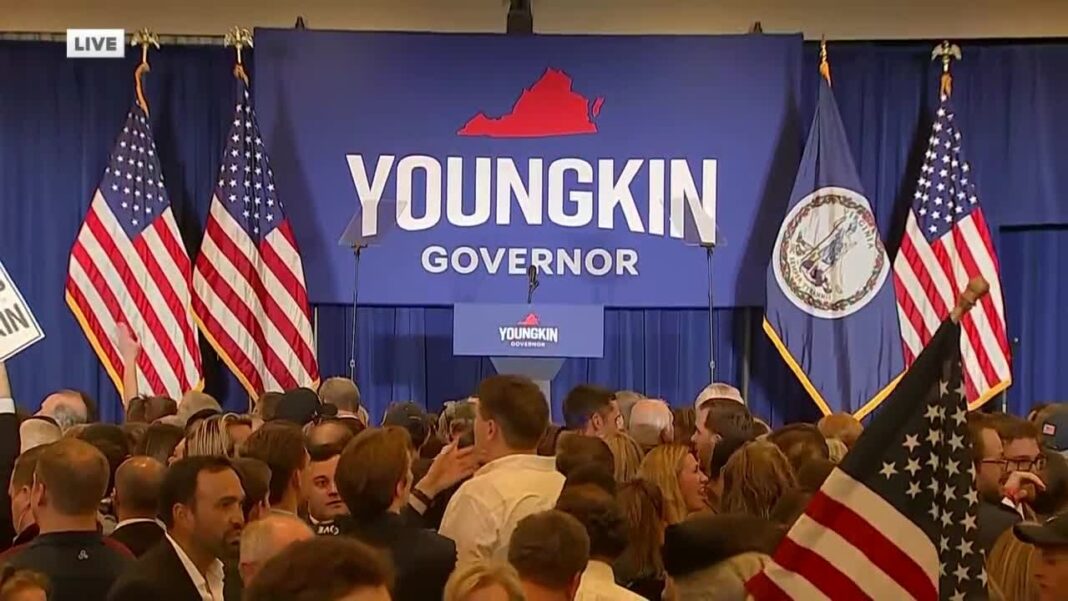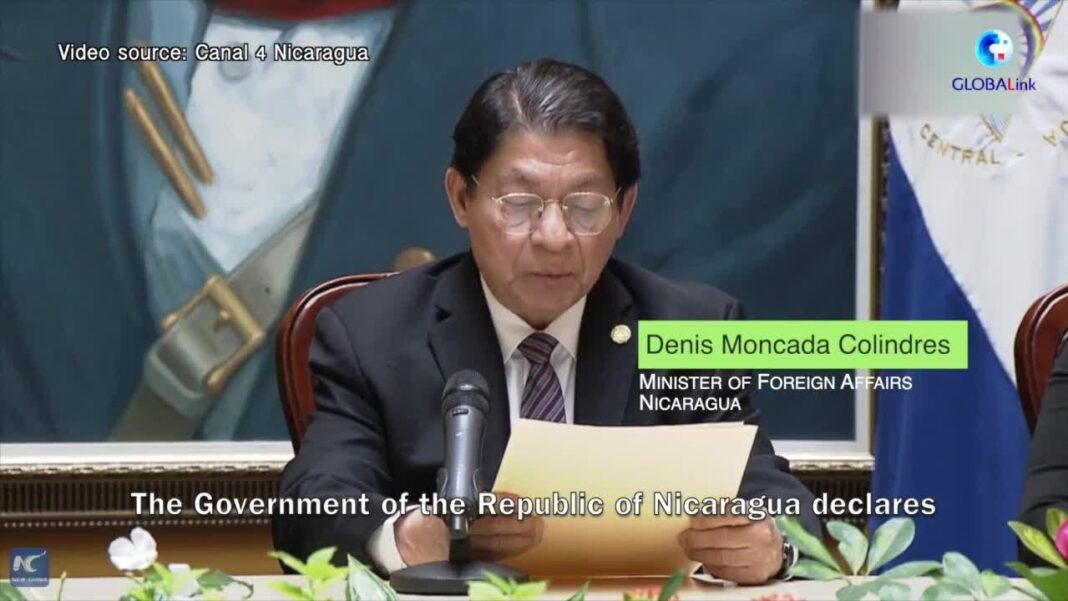
Virginia’s incoming Republican governor is vowing to withdraw his state from a regional carbon emissions-trading exchange to which 10 coastal and New England states currently belong—a move that, if successful, would be a major setback for the left-wing environmentalist movement.
During a Dec. 8 address to the Hampton Roads Chamber of Commerce, Gov.-elect Glenn Youngkin described the Regional Greenhouse Gas Initiative (RGGI) as a “carbon tax that is fully passed on to ratepayers,” saying he would issue an executive order to take the state out of the interstate compact when he’s inaugurated next month, The Hill newspaper reported on Dec. 9.
Virginia became part of the RGGI by way of an amendment offered by outgoing Gov. Ralph Northam, a Democrat, to a bill that Virginia’s General Assembly approved in 2020.
U.S. Rep. Don Beyer (D-Va.) told reporters that Youngkin can’t pull the state from the compact unilaterally. Beyer is one of the wealthiest members of Congress, having made his fortune by selling gasoline-based automobiles, which environmentalists blame for global warming.
“The Virginia Clean Energy Economy Act is law which cannot be undone by executive fiat [and] our Commonwealth should and legally must meet these important clean energy targets,” Beyer reportedly said in a statement.
“RGGI brings millions of dollars to Virginia to help with that transition, a transition that also is vital to addressing the coastal flooding the Governor-elect promised to combat. An executive order that costs Virginia dearly in the middle and long term is not a good financial move, and it isn’t the kind of pragmatic approach that Virginians expect from their elected leaders in either party.”
RGGI—some pronounce the acronym as “Reggie”—describes itself as “a cooperative, market-based effort among the states of Connecticut, Delaware, Maine, Maryland, Massachusetts, New Hampshire, New Jersey, New York, Rhode Island, Vermont, and Virginia to cap and reduce CO2 emissions from the power sector. It represents the first cap-and-invest regional initiative implemented in the United States.”
Critics say such a cap-and-trade system functions as an energy tax in disguise, driving up energy costs for American businesses and families.






